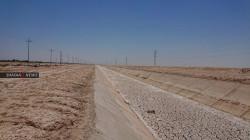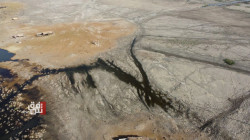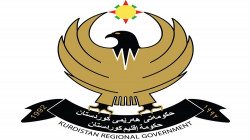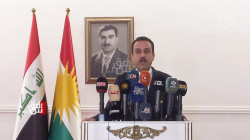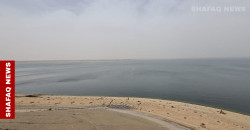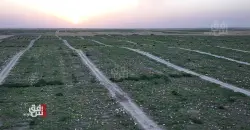Iraq turns to desert cultivation after losing 60% of irrigated farmland
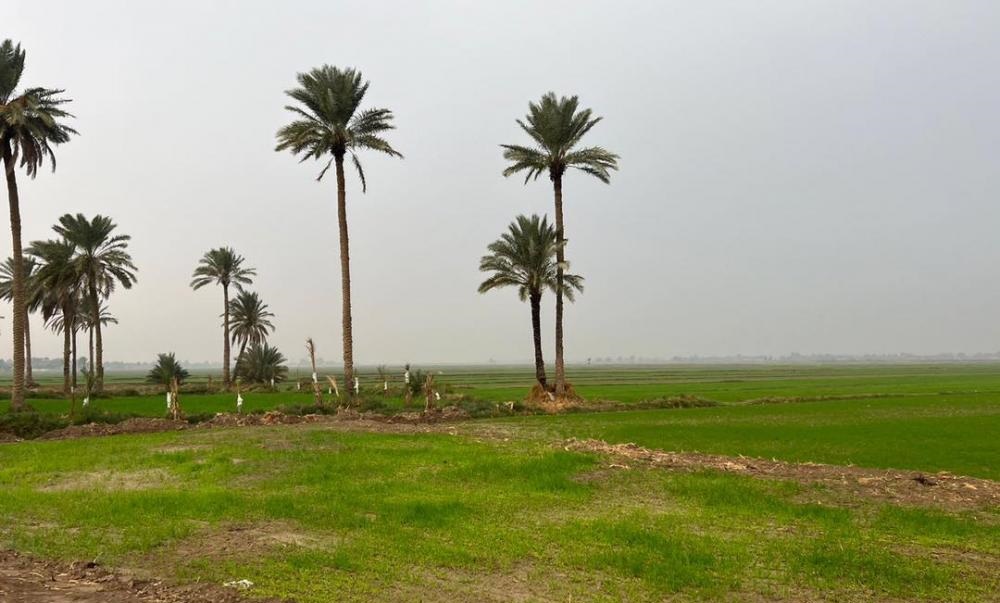
Shafaq News/ Iraq has lost nearly 60% of its farmland irrigated by river water due to severe water shortages and climate change, the Ministry of Agriculture confirmed on Sunday.
The ministry's spokesperson, Mohammad Al-Khuzai, told Shafaq News Agency that the drastic reduction in available water has forced Iraq to cut its winter wheat cultivation plan to just 1.5 million acres. "The shortage of water and harsh climate changes that have hit Iraq have led to this significant loss of agricultural land," he said.
In response to these challenges, the ministry has expanded into desert areas, using sprinkler irrigation systems that rely on groundwater. Al-Khuzai noted that "the ministry has successfully cultivated four million dunams (approximately one million acres) of desert land to compensate for the loss of irrigated farmland."
"We have not only managed to produce wheat but have also achieved a surplus, with a total production of 6.4 million tons."
Earlier, Iraqi Trade Minister Atheer Al-Ghurairi announced that the country had achieved self-sufficiency in wheat production by adopting modern agricultural and irrigation techniques, along with other government measures to increase cultivated areas.
Notably, Iraq is among the five countries most affected by climate change, according to the United Nations. Since 2020, the country has faced an escalating water crisis due to drought and upstream water disputes with Turkiye, Iran, and Syria. The crisis peaked in 2023, with water levels in the Tigris and Euphrates rivers plummeting to unprecedented lows.
